Eben Upton Q&A: we meet the inventor of the Raspberry Pi 3
We talk Linux vs BSD, a maker revolution, and a 45-second conversation that changed his life


Sign up today and you will receive a free copy of our Future Focus 2025 report - the leading guidance on AI, cybersecurity and other IT challenges as per 700+ senior executives
You are now subscribed
Your newsletter sign-up was successful
Eben Upton has started something of a revolution. The 37-year-old Cambridge graduate is the mastermind behind the Raspberry Pi, a $35 (27) micro-computer that has jump-started a cottage industry of hobbyists, makers and tinkerers. The Raspberry Pi has been in everything, from retro games consoles to weather balloons. They've even been into space!
We sat down with Eben Upton at the launch of the Raspberry Pi 3, to talk about the Pi's journey so far, and where he sees it going in the future.
Were you expecting the Raspberry Pi to become as popular as it has, not just with consumers, but also with businesses?
Absolutely not. We expected to sell a few thousand Raspberry Pis when we first started.Even when we were involved with RS, at first we were thinking about tens of thousands of units, probably lifetime, for the product.
So yeah, it's been a couple of orders of magnitude higher than what we'd ever imagined nearly three orders of magnitude above what we'd imagined.
The industrial side's interesting, because that's been kind of a slow burn, it's taken a while to evolve. But it's somewhere where I think the volume of units that we've got in the market now has led to it becoming quite polished as a platform, and I think that's probably what's drawing people in on the industrial side. It has a plausible feature-set, and a very, very stable software platform.
How much of the Raspberry Pi's sales does enterprise adoption make up?
Sign up today and you will receive a free copy of our Future Focus 2025 report - the leading guidance on AI, cybersecurity and other IT challenges as per 700+ senior executives
I think it's moving towards a 50/50 split, more because the industrial side is growing than because the other side is shrinking. This year, I'm hoping we'll do maybe four million Raspberry Pis; I would expect that probably half of those might well be into industrial markets. You're talking about people buying a hundred, a thousand, ten thousand Raspberry Pis in a shot it doesn't take many of those. They stack up very quickly.
If there's a disappointment, it's that it's become such a standard component now, that people don't really talk about them. I bump into people who'll say oh yeah, we use Raspberry Pis in production for everything'. And that's the first I'll hear about it because no one puts out a press release when they use Raspberry Pi, any more than they put out a press release when they decide to use a PC.
Why did you opt for Linux over Windows?
We didn't have a lot of choice early on. There weren't a lot of options; it would have largely boiled down to the choice between a BSD family operating system or a Linux family operating system.
We were more familiar with the Linux kernel than we were with any of the BSD variants, that's what drew us to it. Subsequently, a bunch of BSD variants have appeared for Raspberry Pi, which is awesome.
We're still very keen on proving a desktop experience, and Windows 10 IoT is not a desktop system, it's a headed system, and it has a display, but it's not running a shell. Therefore, Linux was our best choice, even in this generation, for the default operating system.
Can you see future with a Windows-enabled Raspberry Pi?
That's a question for Microsoft really. I would welcome it, I would love to see it, and I think there are various challenges associated with actually making that happen, but yeah, it'd be lovely if it did happen.
I think that what we are likely to see is a thin client, because it's a halfway house, right? We've got some great work going with Citrix at the moment around virtual desktop infrastructure. Their client software runs extremely well on Raspberry Pi, they've done some work on it, some of their partners have done some work on it.
There's a company called ThinLinx, based out of Australia, who do a very nice packaged version of the Pi, with a pre-installed version of the Citrix client. So I think you may see that, where you have an X06 Blade somewhere in a datacenter running your operating system, and you're just a thin client for that. I actually think the Pi's pretty competitive in that space, I think the Pi's got some real advantages versus the incumbents, so it'd be nice to see.
How much of the team's work on the Raspberry Pi is driven by the community?
I think it's all driven by feedback from the community. Why have we got Wi-Fi and Bluetooth on there? There's an awful lot of people plugging Wi-Fi and Bluetooth dongles into Pis. That sends an incredibly strong signal to us from the community that that's something they want. Obviously, the extra processing power, well, everyone wants that.
And then, the 64-bit is I guess the closest we've come to a feature which is kind of a standalone. Like, nobody's really asking us for 64-bit, and with this release, we're not even majoring on the 64-bit. It's a thing that's nice to have there, and it's something that came along as part of a bundle with some things that we needed.
Do you think the current hobby computing boom is going to keep going, or fizzle out?
I hope it's going to continue to grow. I think that there's been a general renaissance - a sustainable renaissance - in the notion of making. And that can apply to woodwork and knitting as much as it applies to computing.
So I think that the zeitgeist is now very compatible with what we're trying to do. And of course, that could change, but I think this feels like it could be a permanent change in the way that we think about the level of affluence across our society. We have a lot of differences in levels of affluence, but across society, lots of people are at a level of affluence where they can indulge some of these interests. I'm hopeful.
There's been a recent retro computing boom, as evidenced by the reappearance of devices such as the ZX Spectrum and the BBC Micro. Do you feel that the Pi is responsible for this?
I wouldn't say responsible, but I think what we've done is we've demonstrated that this sort of thing is feasible, that if you have a small team of bright people, you can do surprising stuff.
I'm looking forward to getting my hands on a little Vega Plus! This whole retro thing, I like it, and it's interesting that kids actually quite like the retro thing.
We do a lot of work with the Computer History Museum in Cambridge and they get kids in, they put them in front of old machines they have a lab which is fifty per cent Raspberry Pis and fifty per cent BBC Micros. And the kids love them both. They really do.
Have you deliberately kept the Pi as cheap as possible?
Yes. Absolutely. There was a conversation with Eric Schmidt at the start of 2013, in which I discussed with him our plans; I said 'hey, we're about to make a $60 Raspberry Pi, it'll be really good'. And he said 'nah, that's a terrible idea'. That's why I make things cheap. It's what Google does; you can't compete with cheap.
And it's a great piece of advice, you know, it's one of those genuinely life-changing moments. You don't have a lot of 45-second conversations which genuinely change your outlook and open your eyes. You flip from one state of mind to the other.
I went 'hang on, no, that's completely correct, what am I doing?' I went back to the office and cancelled all of our high-cost future Pi programs immediately, then cracked on with the Raspberry Pi 2.
So we could have got to the Raspberry Pi 2 much earlier if we were prepared to sacrifice price. We took this long, fairly brutal road to Pi 2, specifically because we knew we had no flexibility.
Do you think more kids have been getting into computing because the Pi is so cheap?
Yeah, I think so. In particular, I think the most visible thing is people getting back into it as adults. People who had an interest as a child, maybe who are now parents, and they want to be able to pass that interest on to their children, and it's a much easier sell, precisely because it's that 'destructible computing'.
Are you pleased with how the newest version has been received?
We've enjoyed making Pi 3. I think Pi 3's been a real test for the engineering team, I think that it's proven that we have an engineering team that can do virtually anything.
We've had a great time making it. It's been challenging, but we had a great time making it, and I hope if people enjoy using it half as much as we've enjoyed making it, It's going to be a big success.
Adam Shepherd has been a technology journalist since 2015, covering everything from cloud storage and security, to smartphones and servers. Over the course of his career, he’s seen the spread of 5G, the growing ubiquity of wireless devices, and the start of the connected revolution. He’s also been to more trade shows and technology conferences than he cares to count.
Adam is an avid follower of the latest hardware innovations, and he is never happier than when tinkering with complex network configurations, or exploring a new Linux distro. He was also previously a co-host on the ITPro Podcast, where he was often found ranting about his love of strange gadgets, his disdain for Windows Mobile, and everything in between.
You can find Adam tweeting about enterprise technology (or more often bad jokes) @AdamShepherUK.
-
 Mistral CEO Arthur Mensch thinks 50% of SaaS solutions could be supplanted by AI
Mistral CEO Arthur Mensch thinks 50% of SaaS solutions could be supplanted by AINews Mensch’s comments come amidst rising concerns about the impact of AI on traditional software
-
 Westcon-Comstor and UiPath forge closer ties in EU growth drive
Westcon-Comstor and UiPath forge closer ties in EU growth driveNews The duo have announced a new pan-European distribution deal to drive services-led AI automation growth
-
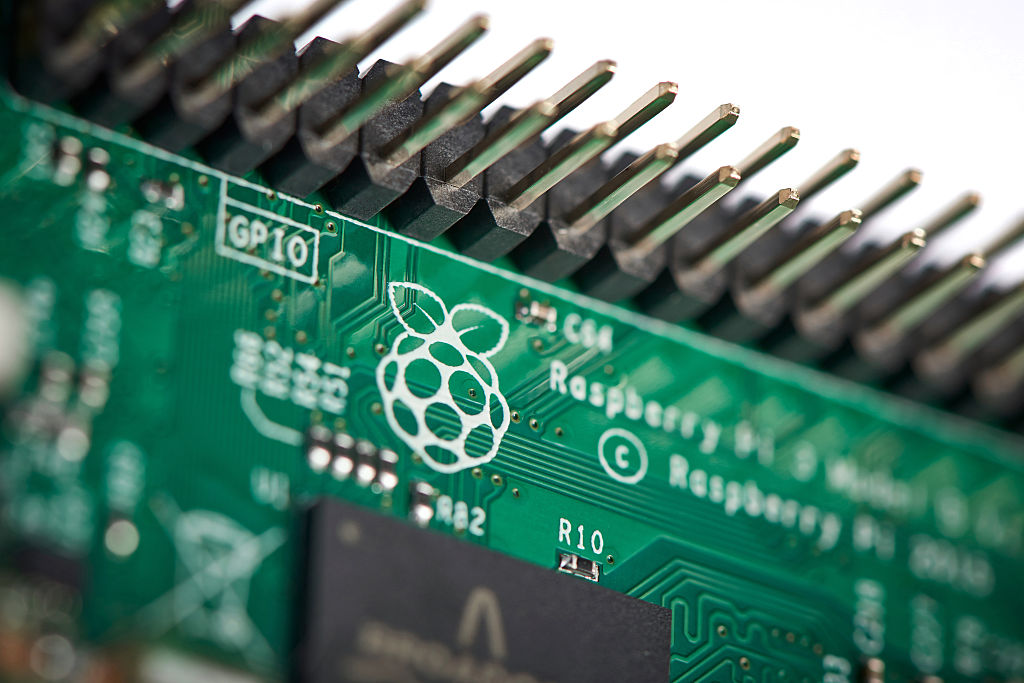 Arm acquires stake in Raspberry Pi in bid to drive IoT development
Arm acquires stake in Raspberry Pi in bid to drive IoT developmentNews The deal confirms a long-standing Raspberry Pi commitment to Arm chips
-
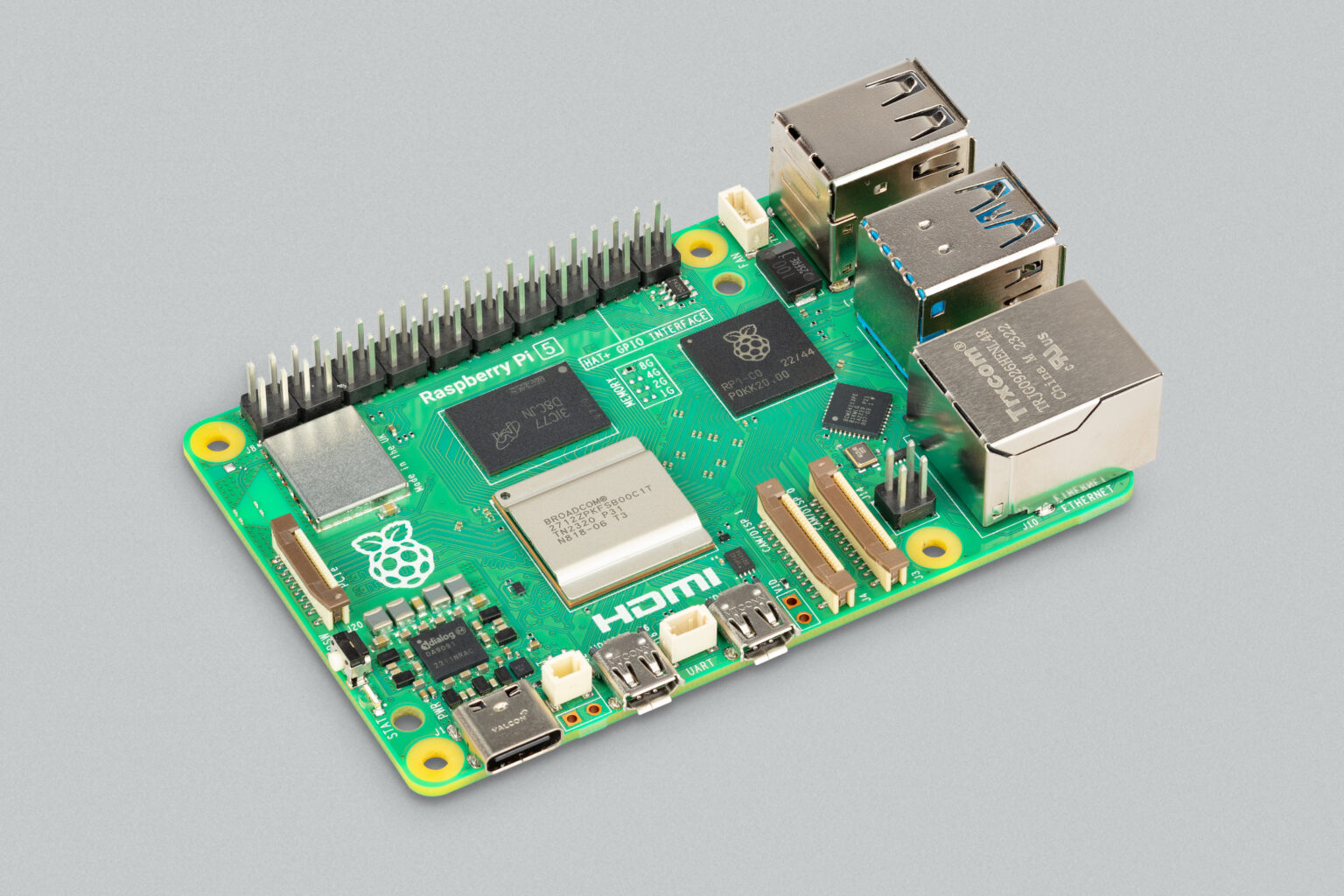 Raspberry Pi 5: New model is “2-3 times more powerful” than previous generation
Raspberry Pi 5: New model is “2-3 times more powerful” than previous generationNews The new Raspberry Pi 5 will provide a “no-compromise user experience”, the firm said
-
 Sony invests in Raspberry Pi to strengthen edge AI offering
Sony invests in Raspberry Pi to strengthen edge AI offeringNews The move follows longstanding ties between the two firms
-
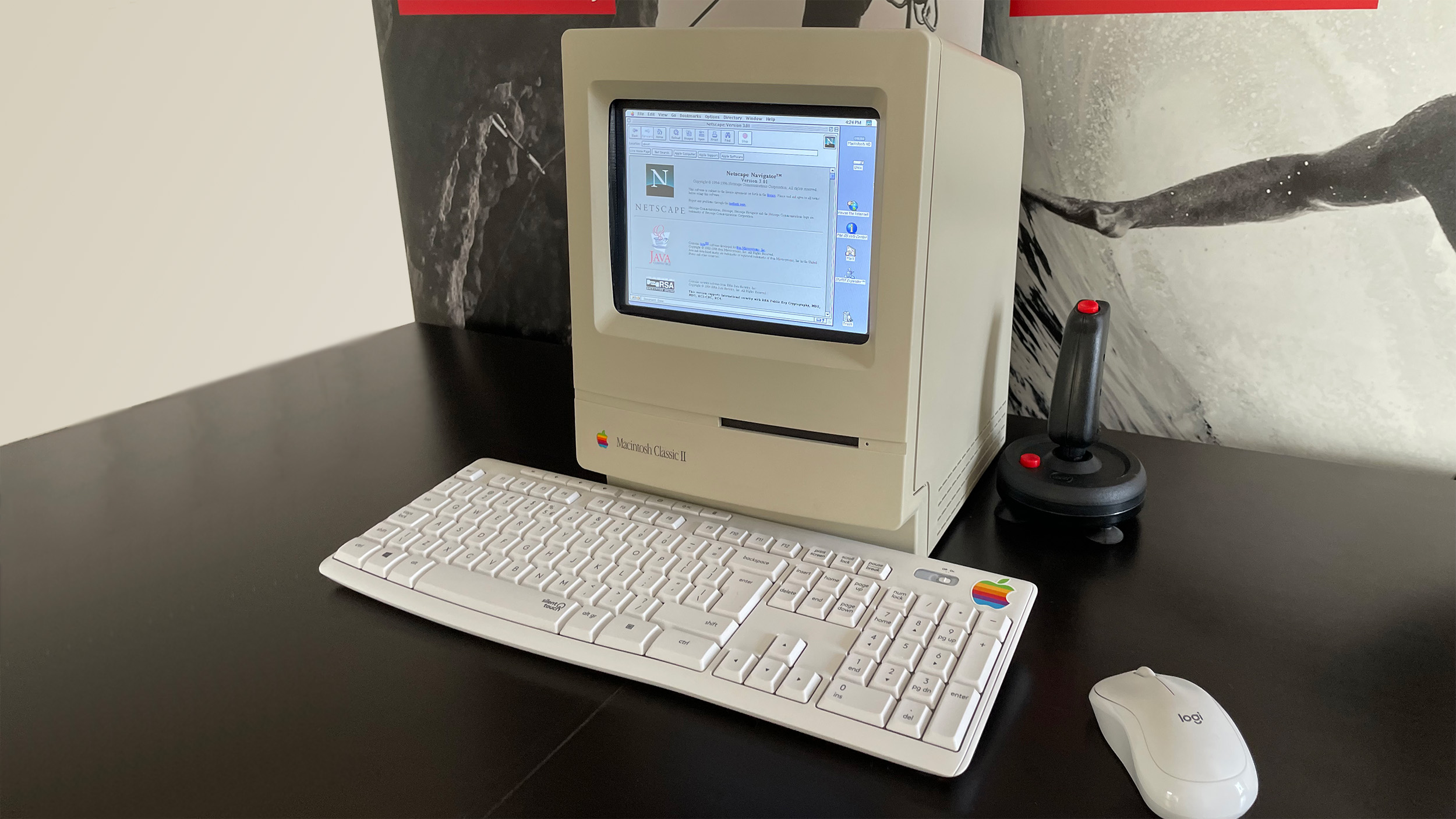 Return of the Mac
Return of the MacIn-depth Developer Jarosław Mazurkiewicz explains the creative process behind MacintoshPi and why he wanted to bring a classic Mac back to life
-
 Raspberry Pi ten years on: Breathing new life into retro machines
Raspberry Pi ten years on: Breathing new life into retro machinesIn-depth A full decade after the Raspberry Pi first hit shelves, the microcomputer is reviving older PCs and games consoles
-
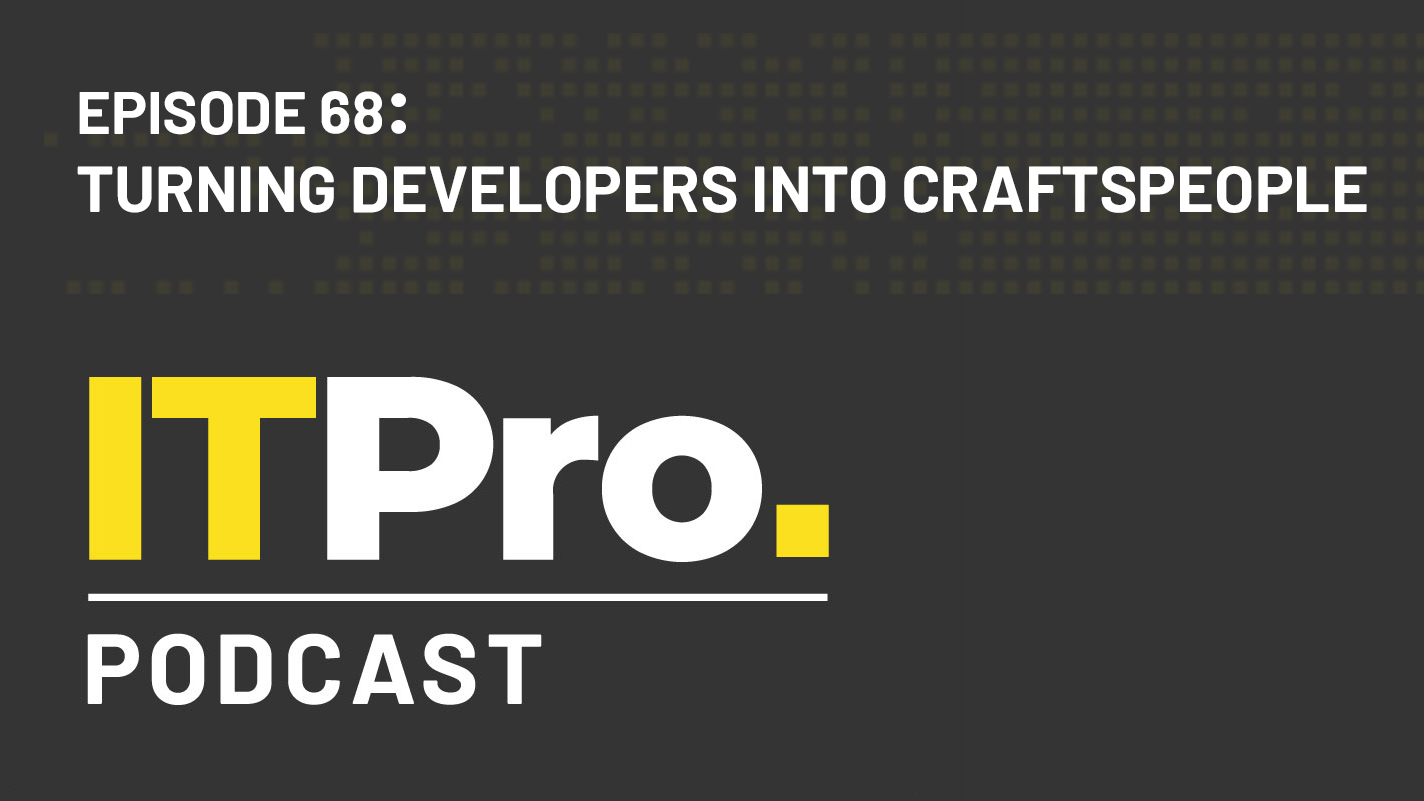 The IT Pro Podcast: Turning developers into craftspeople
The IT Pro Podcast: Turning developers into craftspeopleIT Pro Podcast Making software is about much more than pushing code, explains Raspberry Pi founder Eben Upton
-
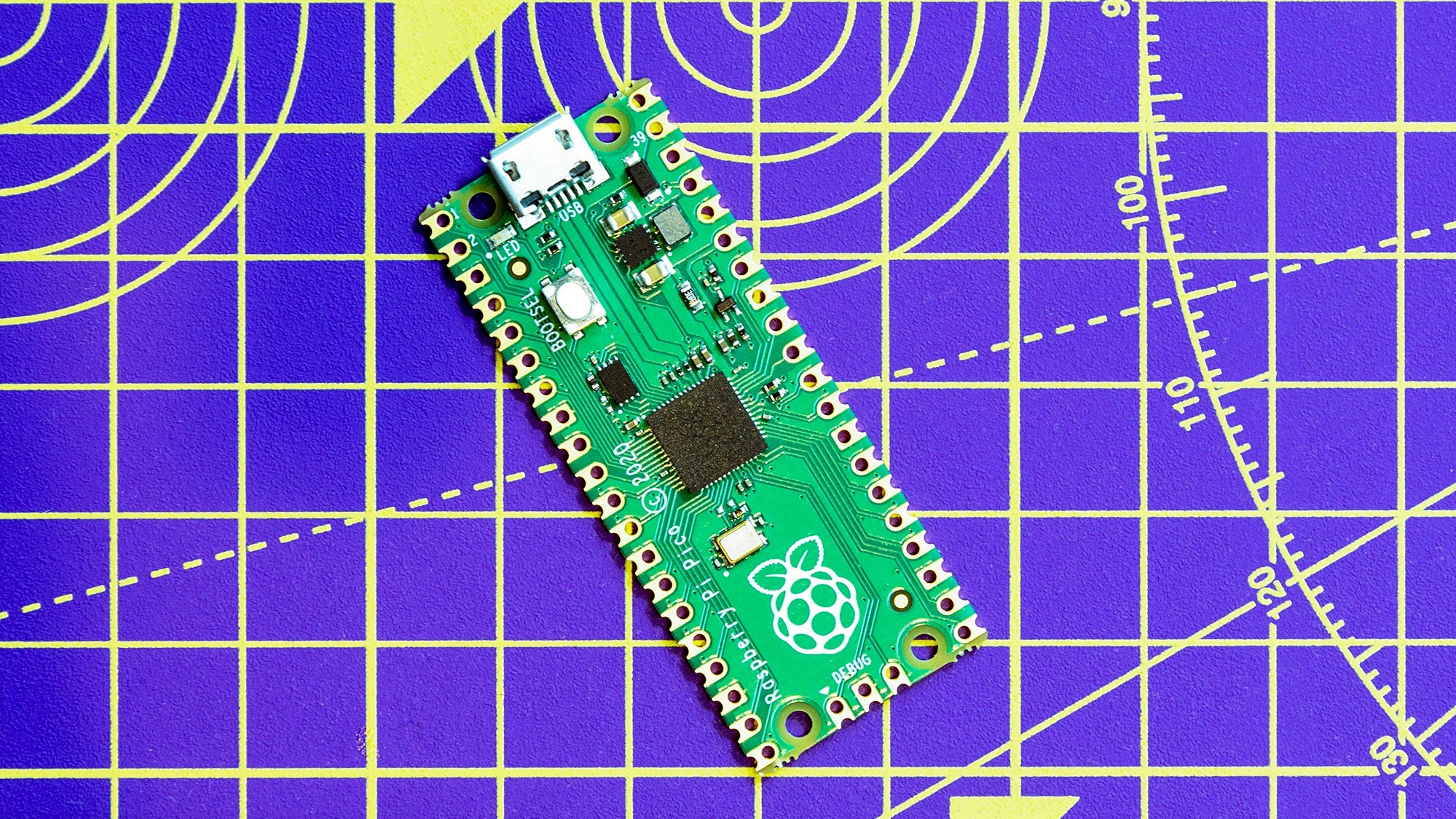 What is the Raspberry Pi Pico?
What is the Raspberry Pi Pico?In-depth Introducing the latest $4 member of the family of single-board microcomputers
-
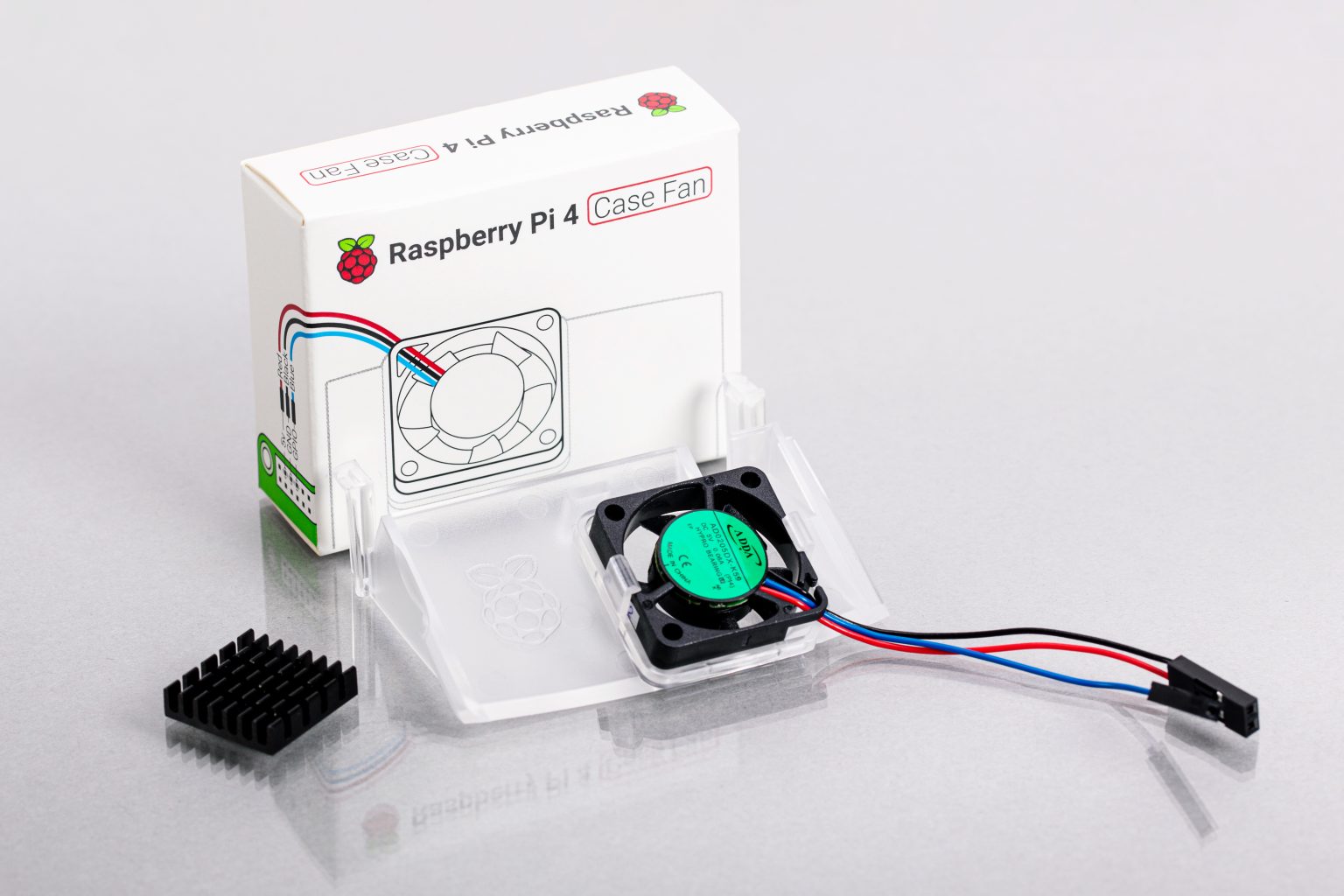 Raspberry Pi 4 gets an official case fan
Raspberry Pi 4 gets an official case fanNews The £4.50 fan will prevent the board's ARM Cortex-A72 processor from overheating
